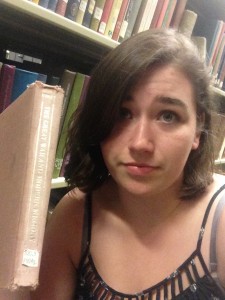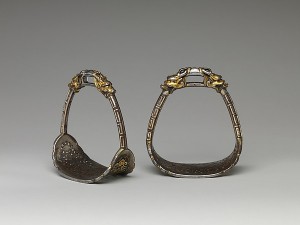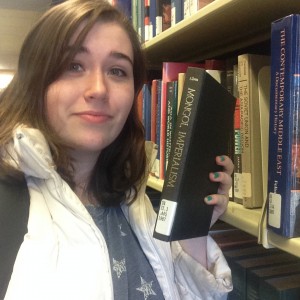
Having been in England during the centennial of the start of the First World War, I know that I find public memory and war, especially WWI, to be of particular interest. I also think it is important to understand the profound effects that a war such as this had on the societies involved. Studying the ways in which these wars are remembered today can broaden that understanding. Coming from an American education, the war doesn’t sit in our memories in the same way that it does in Europe, and I think it is important to learn and understand that when discussing the world wars (especially the first). For these reasons, I thought a book on World War I and memory would be beneficial for the class in terms of understanding the first world war and its impact. To find such a book, I looked up ‘The Great War memory’ and scrolled through until The Great War and Modern Memory by Paul Fussell caught my eye. It was of interest to me because the title seemed to be exactly what I was hoping to find and it could be found in the lower section of the library, which I like because it smells like old books down there. There were not a lot of books on World War I surrounding this one, but there were several by the same author. One of which, titled Abroad, seemed particularly interesting. It was about the ways in which literature travelled throughout societies during times of war. As for The Great War and Modern Memory, I flipped through and was fascinated by the topic. The beginning seemed to be a general outline of the war and the new methodologies it required. The rest was was concerned with literary aspects of the war, and each section was marked by one of these aspects. Basically the book discusses that World War I changed society in profound and unprecedented ways. There had never been a war like this before, and there had never been a need for language to describe the horrors, violence, and overwhelming shock and grief that the war brought. There was therefore a lack of willingness and ability to put these experiences into words, and Fussell details the ways in which this was handled. One of his sections is on satire, as humor was often used as a way to deal with these new horrors and experiences. Another is on theater and war, as imagery of the theater was often used by soldiers to describe their experiences. Basically, World War I profoundly changed the way the world was viewed, and Fussell uses changes in language and its to analyze this.
Fussell, Paul. The Great War and Modern Memory. New York: Oxford University Press, 1975.


